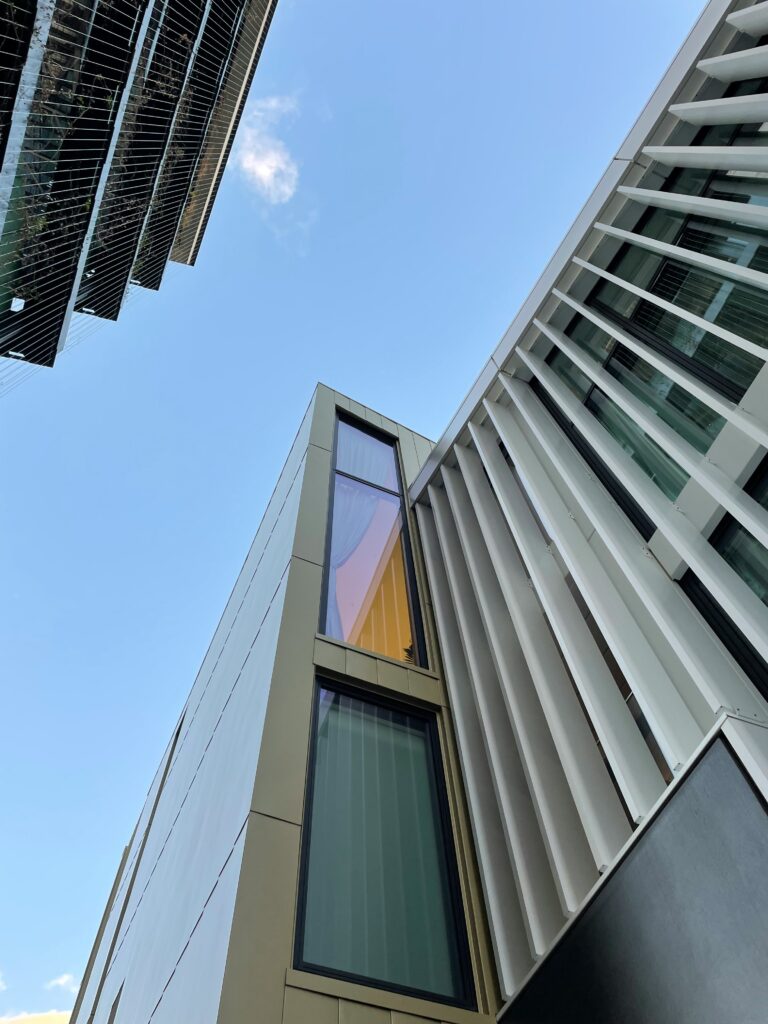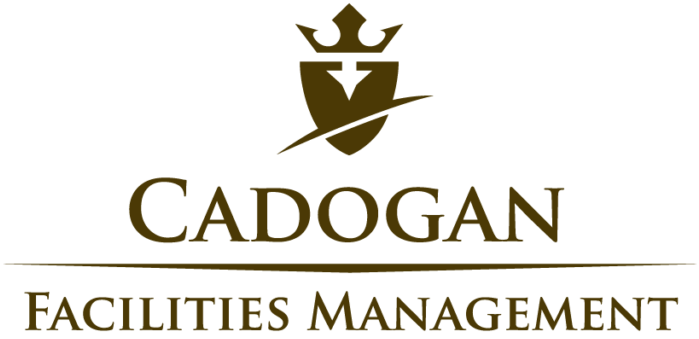Top Strategies for Effective Maintenance in Residential Buildings

Effective maintenance is crucial for ensuring the longevity and functionality of residential buildings. Proper upkeep not only preserves the value of the property but also enhances the quality of life for residents. Here are some top strategies for effective maintenance in residential buildings:
1. Regular Inspections
Conducting regular inspections is the cornerstone of effective building maintenance. These inspections help identify potential issues before they escalate into costly repairs. Schedule inspections for critical systems such as HVAC, plumbing, electrical, and structural components. Regular inspections can also extend to common areas, roofs, and exteriors.
2. Preventive Maintenance Programs
Implementing a preventive maintenance program is essential for addressing issues before they become major problems. This proactive approach involves routine servicing and timely repairs of equipment and systems. Preventive maintenance not only reduces the risk of unexpected breakdowns but also extends the lifespan of building components.
3. Responsive Repair Services
A responsive repair service ensures that maintenance issues are addressed promptly. Establish a reliable system for residents to report problems, and prioritize repairs based on urgency. Swift response to maintenance requests enhances resident satisfaction and prevents minor issues from turning into major disruptions.
4. Regular Cleaning and Upkeep
Regular cleaning of common areas, exteriors, and other shared spaces is vital for maintaining a pleasant living environment. Establish a cleaning schedule that covers all areas, including lobbies, hallways, elevators, and recreational facilities. Clean and well-maintained spaces not only look appealing but also reduce the risk of pest infestations and health hazards.
5. Budgeting for Maintenance
Proper budgeting is essential for effective maintenance management. Allocate sufficient funds for both routine maintenance and unexpected repairs. A well-planned budget ensures that maintenance activities are not delayed due to financial constraints. Additionally, consider setting aside a reserve fund for major capital expenditures, such as roof replacements or HVAC system upgrades.
6. Skilled Maintenance Staff
Hiring skilled maintenance staff is crucial for ensuring that all maintenance tasks are performed to a high standard. Employ technicians with expertise in various areas such as plumbing, electrical, HVAC, and general repairs. Continuous training and professional development can help staff stay updated with the latest maintenance techniques and technologies.
7. Implementing Technology
Utilizing technology can streamline maintenance operations and improve efficiency. Consider using maintenance management software to schedule tasks, track work orders, and monitor the status of ongoing projects. Smart building technologies, such as automated systems for lighting and HVAC, can also enhance maintenance efficiency and reduce energy costs.
8. Resident Communication
Effective communication with residents is key to successful maintenance management. Keep residents informed about scheduled maintenance activities, potential disruptions, and the status of their repair requests. Clear and transparent communication fosters trust and cooperation between residents and the maintenance team.
9. Sustainability Practices
Incorporating sustainability practices into maintenance activities can lead to long-term benefits for both the environment and the building. Use eco-friendly cleaning products, implement energy-saving measures, and consider water conservation techniques. Sustainable maintenance practices can reduce operational costs and promote a healthier living environment.
10. Regular Updates and Improvements
Periodically updating and improving building systems and facilities is essential for maintaining a high standard of living for residents. Plan for regular upgrades to outdated systems, enhancements to common areas, and renovations as needed. Keeping the building modern and well-maintained can attract new residents and retain existing ones.
Conclusion
Effective maintenance in residential buildings requires a combination of regular inspections, preventive maintenance, responsive repair services, and clear communication. By implementing these strategies, building managers can ensure the longevity of the property, enhance resident satisfaction, and create a safe and pleasant living environment. Investing in maintenance not only preserves the value of the building but also contributes to the overall well-being of its residents.
